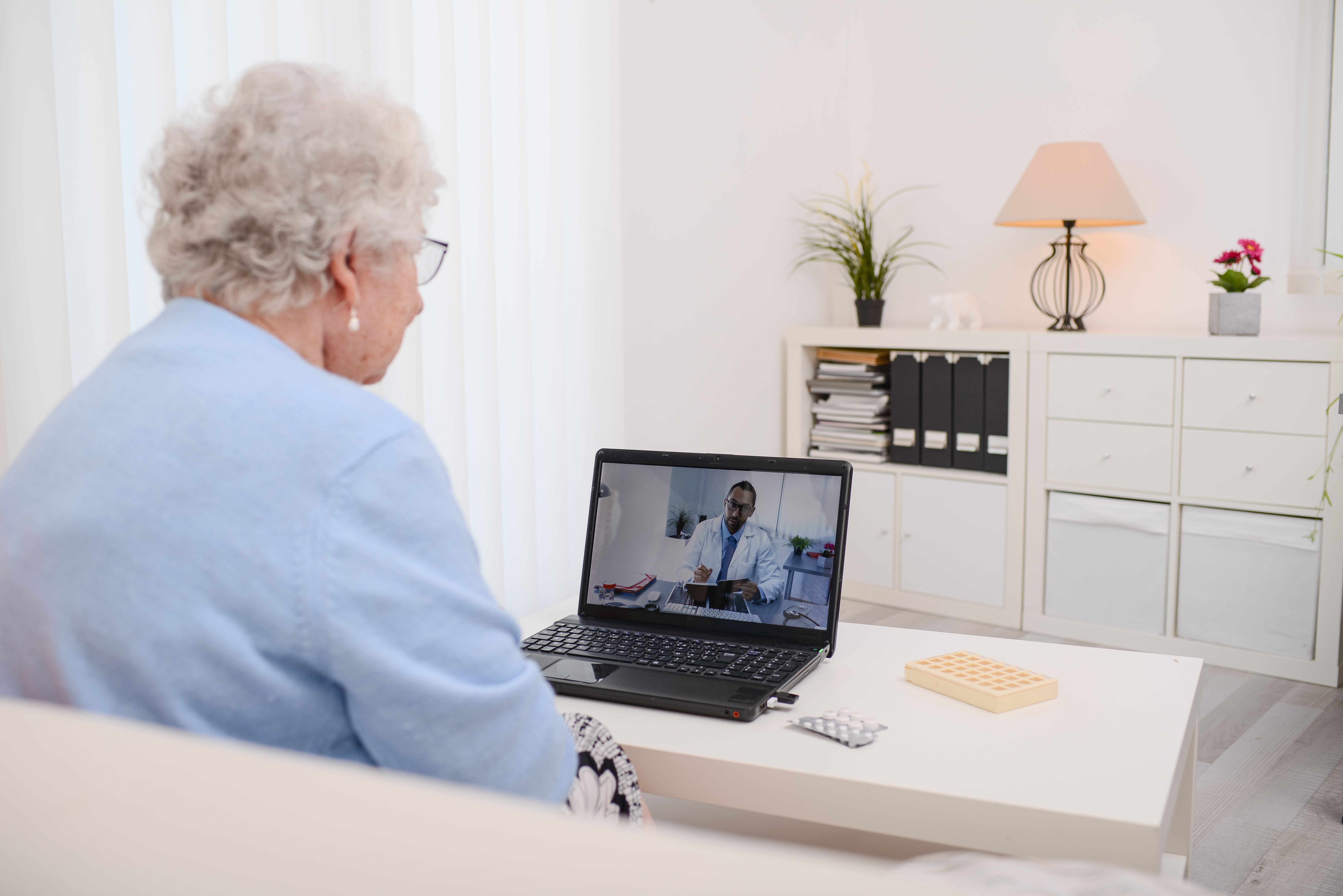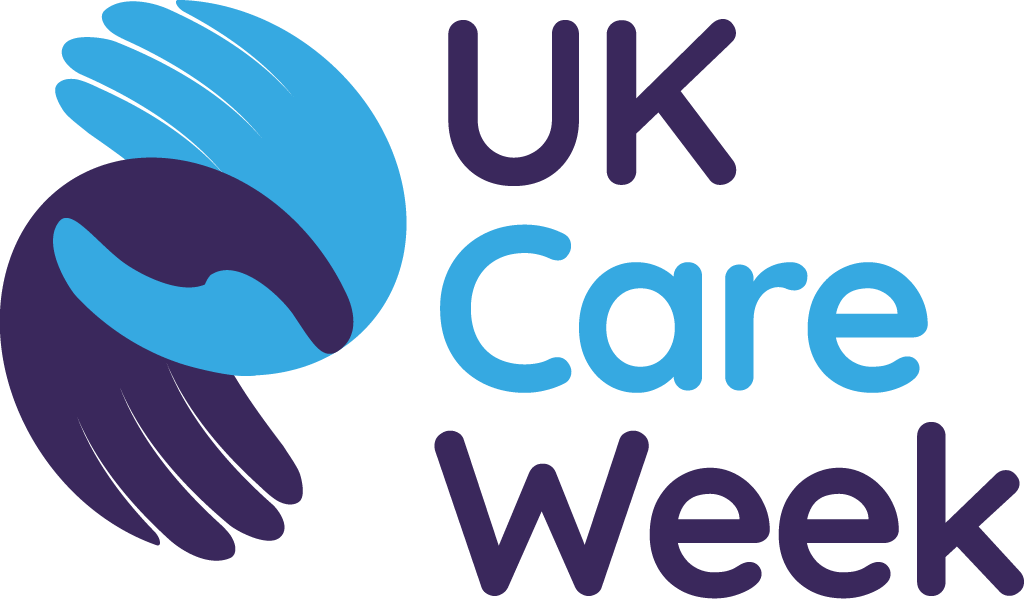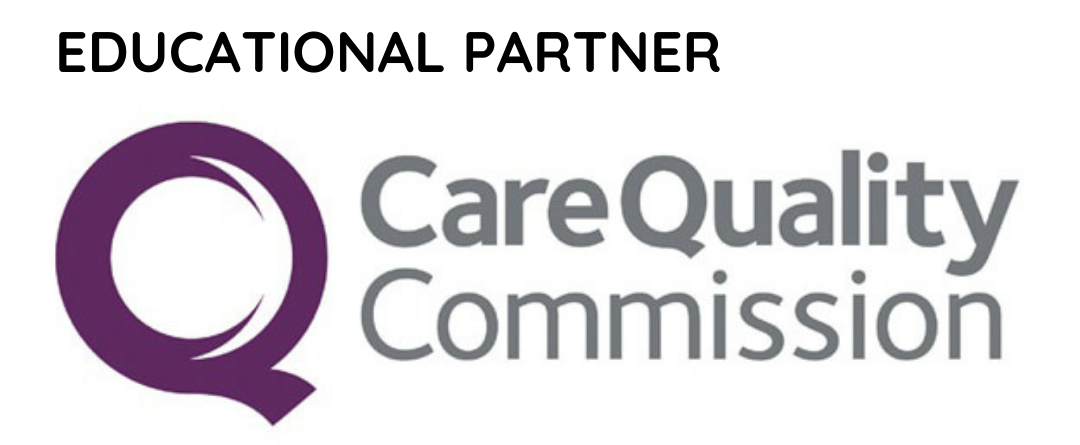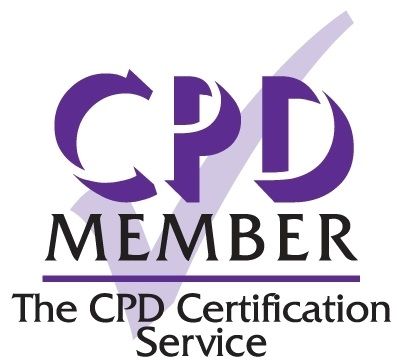How Do Telemedicine Services and Software Tools Improve Medication Safety?

According to Pauli Puirava, co-founder of Causalus and a second-generation pharmacist, getting adjusted to the use of telemedicine services and digital tools in healthcare units is beneficial even from the perspective of everyday life; being cost-efficient and fast, they enable multiprofessional collaboration. Puirava states that telemedicine services and digital tools would be necessary especially in care homes and similar institutions where medical check-ups with physicians have been scarce even before the pandemic.
What causes issues in care facilities?
In these establishments, infrequent medical check-ups cause a chain reaction with physicians not having enough time for individual patients, resulting in accumulating medical problems for the upcoming check-ups. When it comes to annual controls, telemedicine services become beneficial in particular, allowing the professionals involved in the treatment to track the symptoms and medication of the patient year-round.
Preparing for annual controls relies heavily on nurses, and it might be completely arbitrary which matters are brought up with the physician depending on the current condition of the patient. The discussion is also affected by how up to date the personal medical records of the patient are. The data might be lacking basic measurements if prepared in rush, leaving the physician without a sufficient view of the medical state of the patient. Physicians are often required to assess the medication with insufficient data, leading to an increase in problems in pharmacological treatment.
“The use of remote work and telemedicine services is not decreasing in the care segment, quite the contrary”
- Pauli Puirava, CEO and co-founder of Causalus
Key points to tackling issues
The essential thing is to prepare for the annual controls well beforehand, leaving more time for the physicians to focus on the actual meeting with the patient. Preparation is where digital solutions can come into play, feeding data to the healthcare professionals, and guiding the process flow. And what’s equally important, a good portion of the preparation work can be done remotely, regardless of the physical whereabouts of the nurse, pharmacist, or the doctor.
With the medication review software linked to the electronic patient record system, healthcare professionals can make sure the necessary measurements related to the patients’ medication are relevant and recently updated. When the annual control of a patient is approaching, nurses can automatically prepare a report including the medication list, drug interactions, patient’s lab and other measurements, adverse effects and possible risks related to the medication. This streamlines the workflow of physicians significantly, and the quality of care of patients improves when time is not wasted on basics such as collecting and interpreting information.
Before the annual controls, medication effectiveness can also be measured remotely with the help of dedicated software. Adverse effects can be spotted fast, and appropriately reacted to with active monitoring. Treatment pathways can be streamlined and reinforced with multiprofessional collaboration and information distribution, enabled by shared software platforms.
Multiprofessional collaboration enabled by Causalus’ software platform reinforces treatment outcomes, showing directly in the improvement in patient’s well-being. “The use of remote work and telemedicine services are not decreasing, quite the contrary. Telemedicine services and digital tools speed up care work and enablemultiprofessional collaboration cost-efficiently.” Puirava states.
Data paves way to eradicating medication problems once and for all
In addition to significantly contributing to the effectiveness and efficiency of the healthcare professionals’ work, there is one, particularly important upside of using software platforms to support the care work. The data these platforms collect about the patient treatment will undoubtedly become a game-changer when it comes to the future of medication management.
The data feeding into the clinical decision support system helps the healthcare professionals come up with better, more informed, and safer decisions there and then. As a result, the medication check-ups, reviews, and follow-ups become less resource intensive, making it easier and cheaper to expand the services to cover a larger portion of the elderly population.
However, data can do more than just fix the problem at hand. Insights from the data can help prevent medication problems from occurring in the first place. Even symptom optimization can be possible, not so far into the future. Arguably it will never be possible to eradicate all adverse effects of medication, but it sure would be beneficial to be able to choose whether you’d rather withstand swollen ankles instead of drowsiness, but still rest assured that the choice would not endanger the safe treatment of your actual diseases.
Causalus provides digital solutions for enhanced medication reviews with continuous monitoring for the care and pharmaceutical segments. This means advanced digital clinical decision support, process optimization and telemedicine solutions throughout the entire clinical pathway. Read more about Causalus at causalus.com/en.



